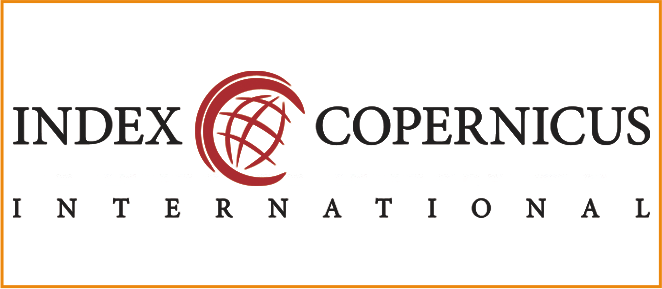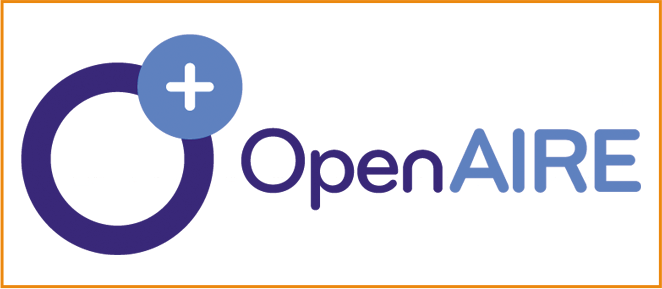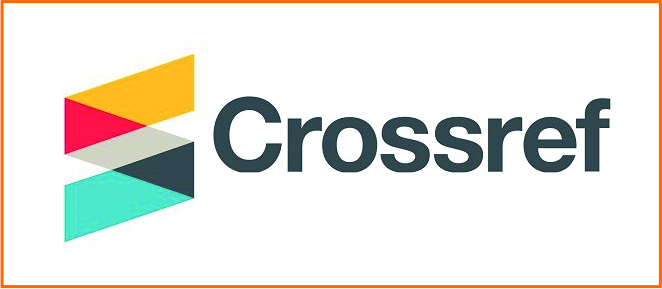Pengaruh Penggunaan Aplikasi Gojek Terhadap Perilaku Mahasiswa Universitas
Abstract
Currently, businesses engaged in online transportation are growing rapidly. The company really helps the community from doing daily activities to entertainment. The user only uses the phone, and the user can handle everything in one application. This software has many features from online food delivery, drug delivery, transportation, and so on. Corporate marketing is widespread and many people are free to use it, from high school students to adults. This research is to know the students' behavioral intentions. It is necessary to know the factors that attract users to Gojek application. The factors themselves are Performance Expectancy, Social Influence, Effort Expectancy, Facilitating Condition, Price Value, Hedonic Motivation, Habit to Behavioral Intention, and Use Behavior based on Unified Theory of Acceptance and Use of Technology (UTAUT 2) as a theoretical framework using Smart PLS -3, namely the acceptance of technology in the context of consumer use. Based on the results of research with 160 respondents among students in the city of Batam, there are 3 relationships that have positive and significant values. Variables that affect Behavioral Intention are Habit and Hedonic Motivation. then the variable that has an effect on Use Behavior is Behavioral Intention while the other variables have no significant effect. The results of the Coefficient of Determination (R2) test, the factors above have an effect on Behavioral Intention of 60.4% and the effect of Use Behavior is 54.4%.
Keywords
Full Text:
PDFReferences
Amanda. G, “Pengguna Aktif Gojek Capai 20 Juta Orang,” 2020. https://www.republika.co.id/berita/qej9xx423/pengguna-aktif-gojek-capai-20-juta-orang
Apuke, O. D., “Quantitative Research Methods : A Synopsis Approach,” Kuwait Chapter Arab. J. Bus. Manag. Rev., vol. 6, no. 11, pp. 40–47, 2017, doi: 10.12816/0040336.
Attuquayefio, S. N., & Hillar, A, “Using the UTAUT model to analyze students ’ ICT adoption,” Intenational J. Eucation Dev. Using Inf. Commun. Technol., vol. 10, no. 3, pp. 75–86, 2014.
Daud Mahande and Jasruddin, “UTAUT Model: Suatu Pendekatan Evaluasi Penerimaan E-Learning pada Program Pascasarjana,” Pros. Semin. Nas. Membangun Indones. melalui Has. Ris., pp. 784–788, 2017.
Hair, J. F., Risher, J. J., Sarstedt , M., & Ringle, C. M., “When to use and how to report the results of PLS-SEM,” Eur. Bus. Rev., vol. 31, no. 1, pp. 2–24, 2019, doi: 10.1108/EBR-11-2018-0203.
Isradila, & Indrawati, “Analisis dan Evaluasi Faktor - Faktor Minat Konsumen Pada Aplikasi OVO Dengan Model UTAUT II di Wilayah JABODETABEK,” 2020.
Kock, N., & Hadaya, P, “Analysis of User Acceptance towards Online Transportation Technology Using UTAUT 2 Model: A Case Study in Uber, Grab and Gojek in Indoneisa,” Int. J. Sci. Res., p. 1480, 2017.
Lee, S. W., Sung, H. J., & Jeon, H. M, “Determinants of Continuous Intention on Food Delivery Apps: Extending UTAUT2 with Information Quality,” 2019.
Putra, I. D. “the evolution of technology acceptance model (TAM) and recent progress on technology acceptance research” N ELT SATE ART Artic. Yavana Bhāshā J. English Lang. Educ., p. 26, 2016.
Taherdoost, H., “Sampling Methods in Research Methodolgy; How to Choose a Sampling Technique for Research,” SSRN Electron. Journal, p. 22, 2016.
Tristayanto, “Perceptions of Online Taxi Utilization in Bandar Lampung Using UTAUT Model (Unified Theory Of Acceptance And Use Of Technology),” J. Phys. Conf. Ser., p. 3, 2019.
T. Tumuwe, R., Damis, M., & Mulianti, “Pengguna Ojek Online Di Kalangan Mahasiswa Universitas Sam Ratulangi Manado,” 2018.
Venkatesh, V., Thong J. Y. L., dan Xu X., “Consumer Acceptance and Use of Information Technology: Extending the Unified Theory of Acceptance and Use of Technology, MIS Quarterly, Vol. 36, No. 1, 157-178, 2012
Wong,Ken dan Kay Wong, “Partial Least Squares Structural Equation Modeling (PLS-SEM) Techniques Using SmartPLS”. Marketing Bulletin, 2013, 24, Technical Note 1, 2013
DOI: http://dx.doi.org/10.36448/expert.v12i1.2552
Refbacks
- There are currently no refbacks.
EXPERT: Jurnal Manajemen Sistem Informasi dan Teknologi
Published by Pusat Studi Teknologi Informasi, Fakultas Ilmu Komputer, Universitas Bandar Lampung
Gedung M Lt.2 Pascasarjana Universitas Bandar Lampung
Jln Zainal Abidin Pagaralam No.89 Gedong Meneng, Rajabasa, Bandar Lampung,
LAMPUNG, INDONESIA
Indexed by:













This work is licensed under a Creative Commons Attribution 4.0 International License.







